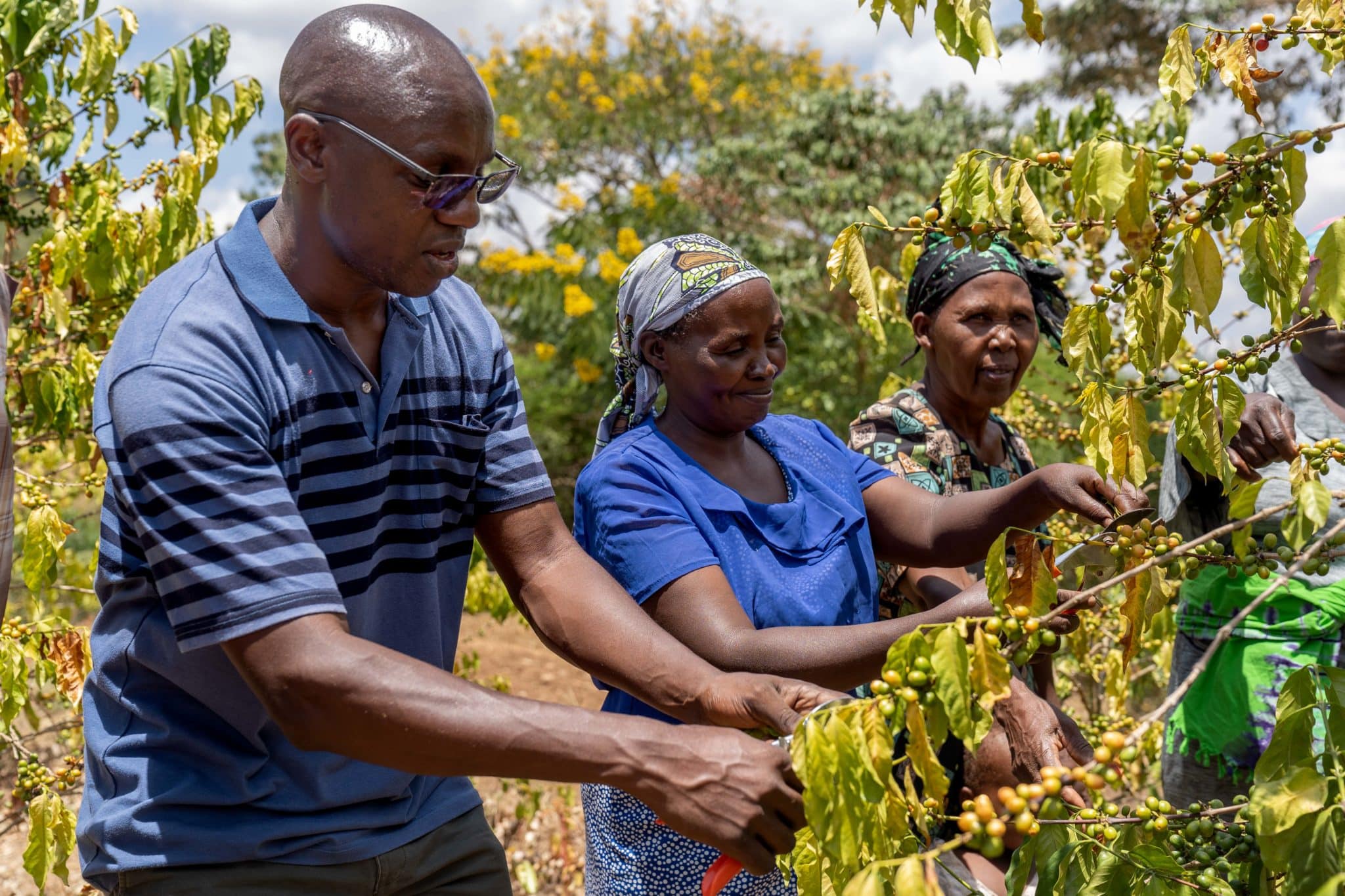Tunbridge Wells is currently celebrating Fairtrade Fortnight. On until March 12, the town’s Fairtrade Fortnight events have been focusing on biodiversity and the climate crisis. Here, Mandy Flashman-Wells, the local spokesperson for Fairtrade Town Group explains a little more about this year’s project and how you can get involved…
Fairtrade Fortnight 2023 is once again shining a spotlight on the climate crisis and the increasing threat it poses to some of the planet’s most beloved food products, as well as the livelihoods of the farmers and agricultural workers who grow them.
Across the world farmers are facing unprecedented challenges not only of unfair trade but also of climate change, which can push them to the brink of survival. Many of our favourite foods such as coffee, bananas and cocoa may soon be unavailable on our supermarket shelves as extreme, unpredictable weather patterns, pests and diseases impacts their production, destroying crops.
Closer to home we have already been affected with a shortage of tomatoes, cucumbers and peppers, as rising fuel and fertilizer costs has impacted on UK farmers, preventing them from heating their greenhouses. This combined with unseasonal weather patterns in Morocco and Spain has affected production and availability of these foods.
Farmers working in low income countries are also having to face the challenges of rising costs of fuel, fertilizer and food, but with fewer resources to meet them. These workers are already underpaid, having to make choices on essentials such as food, education and medical treatment and therefore have less resources to cope with the extremes of climate change. Consequently many of our favourite foods are under theat.
For consumers in the UK this is bad news. Not only do we drink 98 million cups of coffee a day and consume 5 billion bananas a year, we are a nation of chocolate lovers. The UK is the 7th-highest consumer of chocolate in the world, eating about 8kg of chocolate per person each year – approximately 660,900 tonnes of chocolate.
By 2050, the area of land suitable for growing coffee globally could be down by 50 per cent. Parts of Ghana and Cote d’Ivoire will be too hot to grow cocoa and banana yields will fall drastically in ten countries, including India, Brazil and Colombia.
Bananas are the world’s most popular fruit. With an estimated global export value of $7billion per year, the banana trade remains the cornerstone of many countries’ economy. For more than 450 million people around the world, bananas and plantains are vital staple crops, particularly in lower-income nations. But amid the impact of climate change and the resulting threats posed by plant diseases like Fusarium TR4, the future of bananas is increasingly at risk, according to Fairtrade’s Fairtrade and Climate Change study.
The study warns that dramatic weather patterns spurred by climate change will likely deliver severe blows to agricultural production in key regions around the world, from Latin America to the Asia-Pacific. Banana producers in the Caribbean and in Central America, for instance, are expected to experience less rainfall and more extreme temperatures, while those in Southeast Asia and Oceania will see an increased risk of tropical cyclones.
The future survival of the world’s most popular foods hangs in the balance unless we achieve inclusive and equitable climate solutions, with farmers and agricultural workers playing a central role in the climate response.
This fortnight and beyond, Fairtrade is asking shoppers to act now and choose Fairtrade to back the farmers behind our favourite products to ensure they are paid fairly and can keep farming through these tough times. A fair income is vital so that these farmers can afford to invest in making changes to adapt to the climate and economic crisis.
Choosing Fairtrade ensures that farmers are paid fairly and can earn enough to meet their everyday needs. In addition, they have the resources to take on the challenges of climate change. Fairtrade farmers follow eco-friendly Fairtrade standards, which include improving the soil, reducing greenhouse gas emissions, planting trees, using sustainable farming techniques whilst protecting forests and biodiversity. More positively, by buying Fairtrade we are working towards a fairer world and helping our planet at the same time.
To find out more visit:
fairtrade.org.uk/get-involved/current-campaigns/fairtrade-fortnight
decadeonrestoration.org/
sdgs.un.org/goals
iucnredlist.org/








